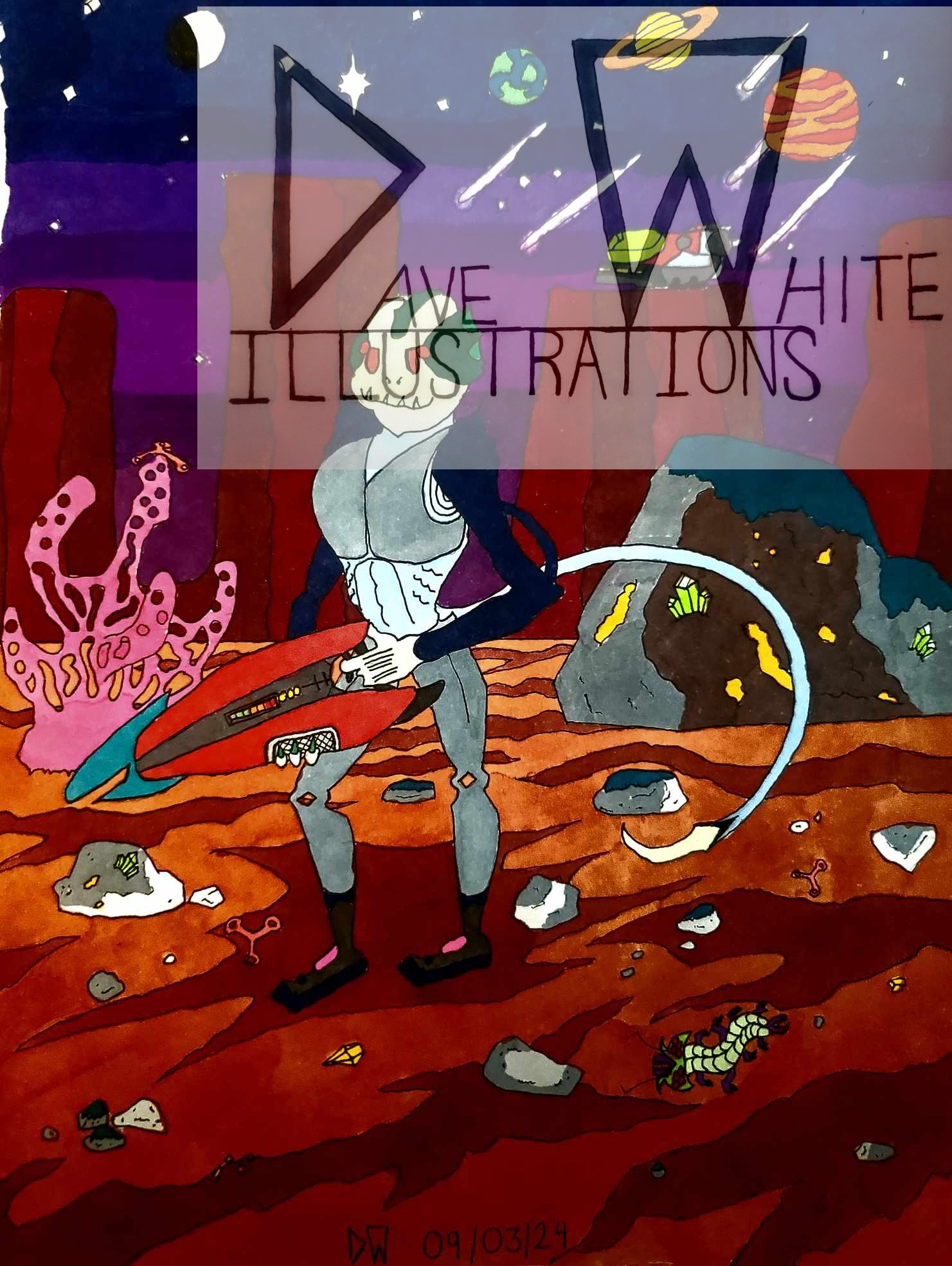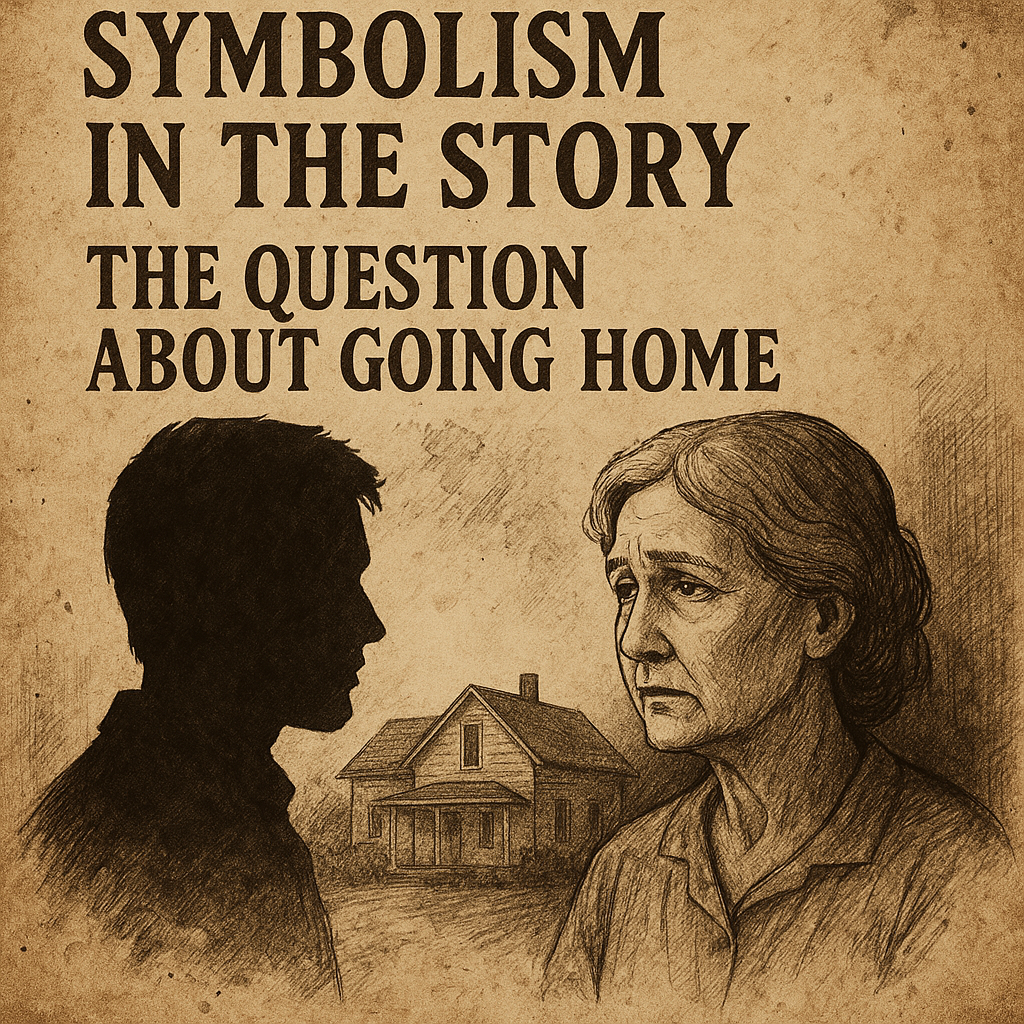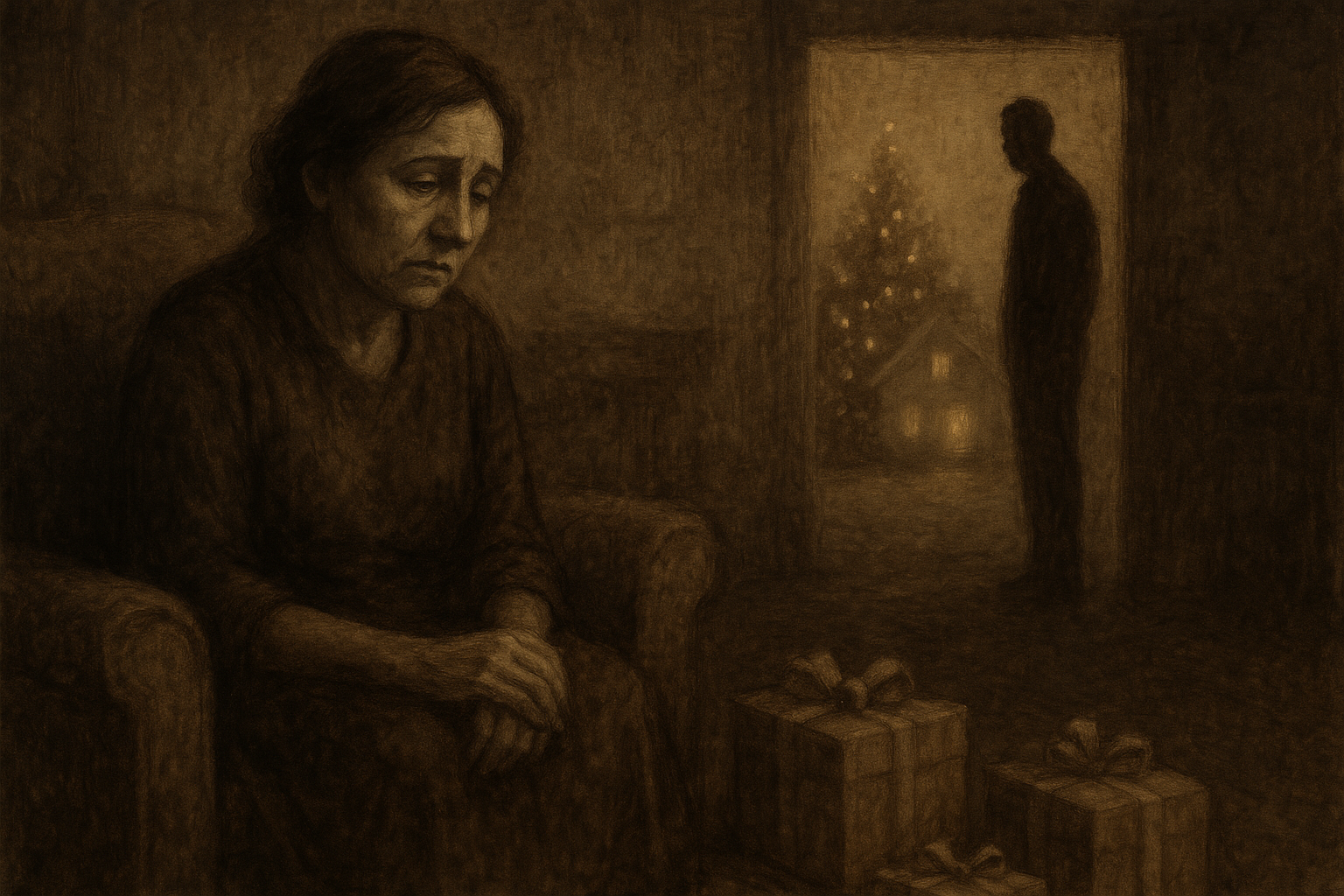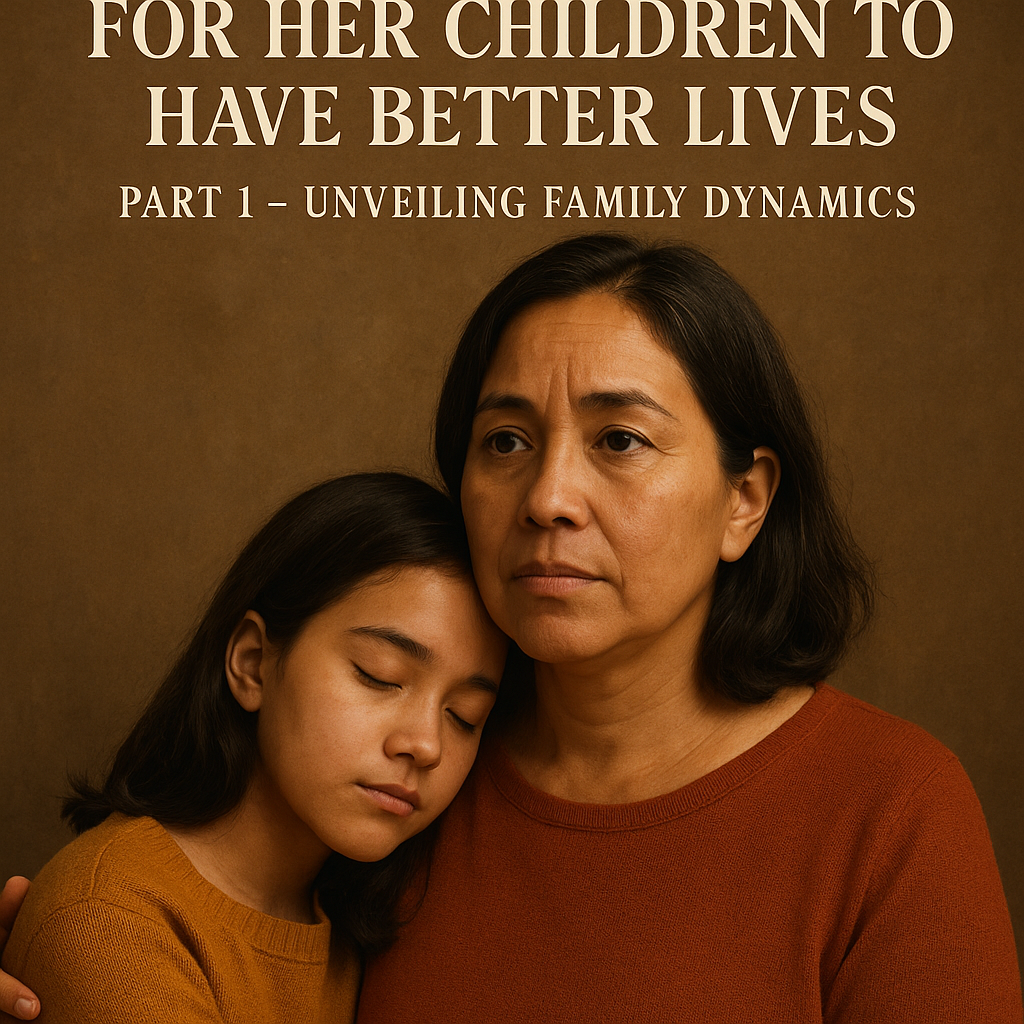It begins with the question:
How do you become a writer?
Start by breaking yourself open.
Not a gentle crack, but a shattering—
Glass meeting pavement,
Splinters are embedded in soft places.
Let the wounds hum their fractured song,
Until it spills onto the page.
Write because the silence is too loud to bear.
Write because the chaos refuses to quiet.
Write because you’ve tried everything else.
Abandon the idea of ease.
No one tells you this,
But writing is a kind of surrender.
A choice to sit with ghosts,
To let them linger,
To make them tea,
Asking them to stay.
Forget the romance of it.
There is no quill scratching by candlelight,
Only the ache of empty screens,
And the endless war.
A war between what you feel,
And what words fail to capture.
Prepare to be misunderstood.
Your words will betray you,
Twist in the mouths of others.
You’ll write truths they’ll read as lies.
Learn to live in-between.
You will not belong fully,
To the world outside your door,
Nor to the one you create.
You will hover tethered soul—half in, half out.
Because not writing is to suffocate.
A friend once asked me,
How do you become a writer?
I didn’t answer.
I handed them a blank page and waited.





Leave a Reply